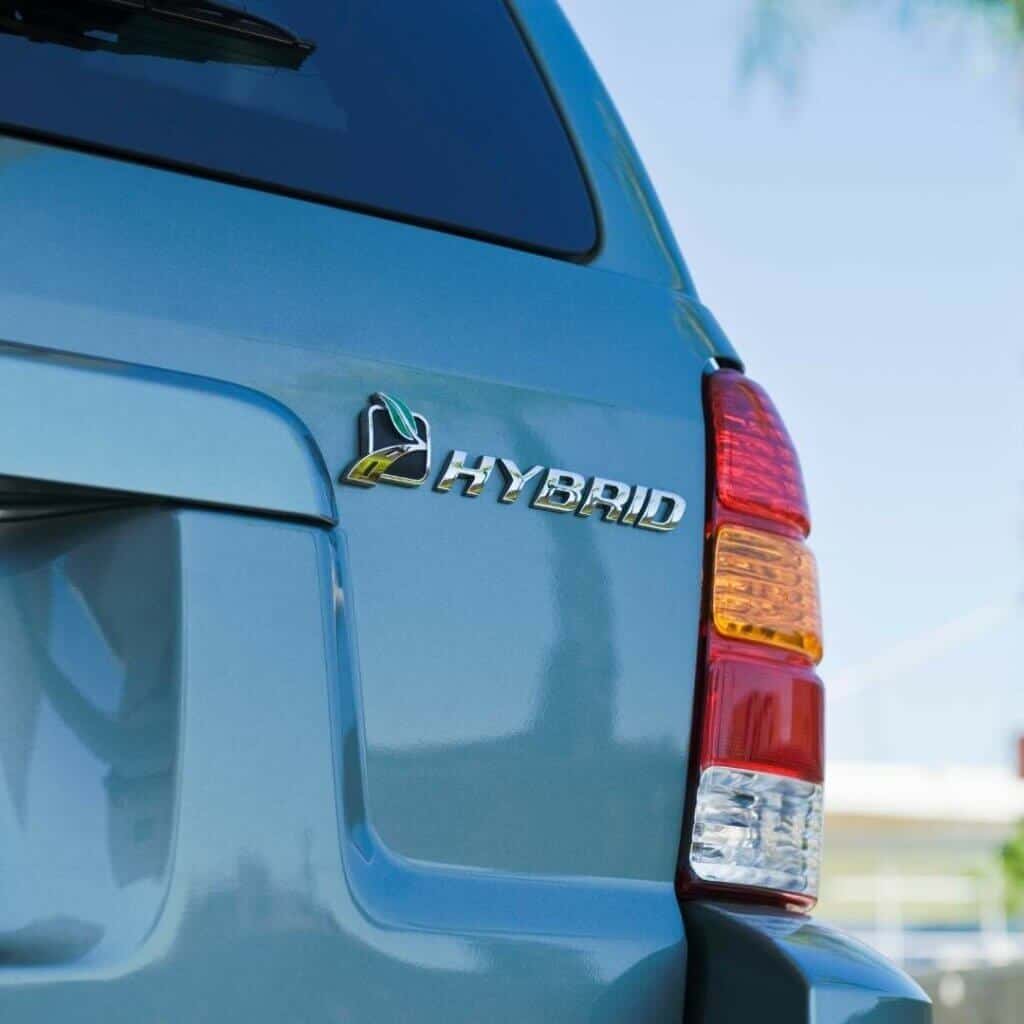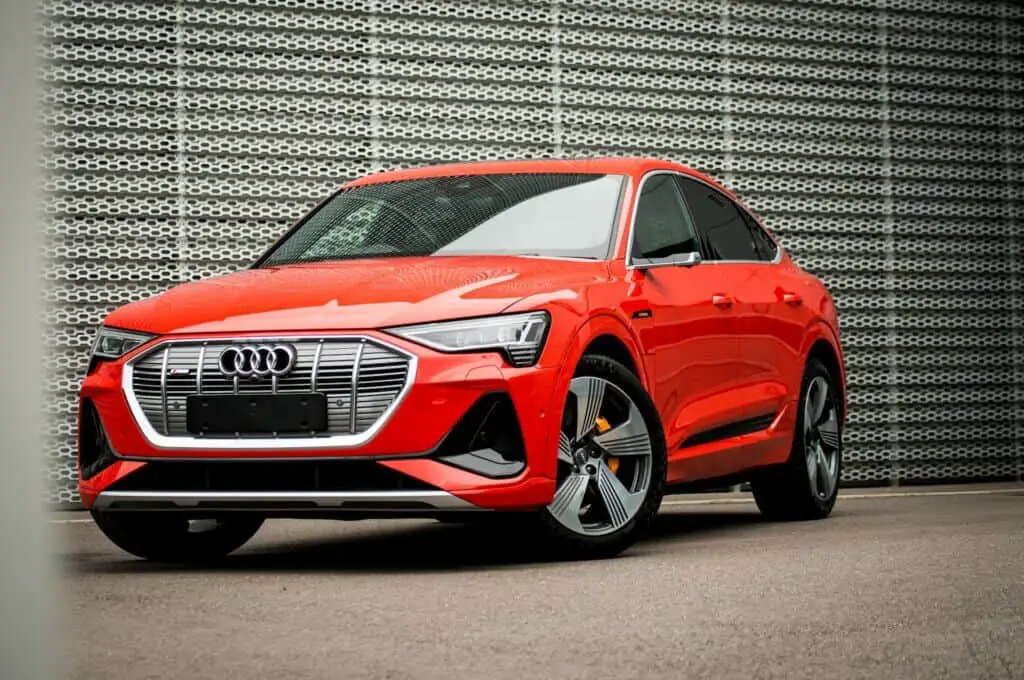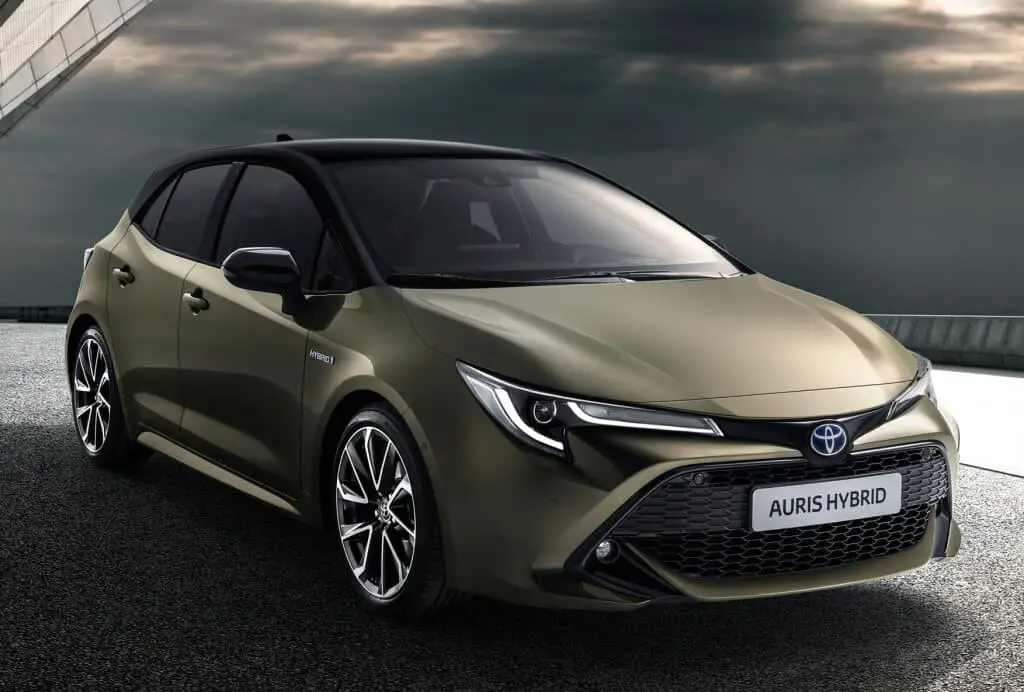Are you familiar with pros and cons of self charging hybrid cars?
The world is facing a severe environmental crisis, and the need for green energy solutions has become increasingly evident. One of the most promising solutions to reduce emissions is self-charging hybrid cars. Self-charging hybrid cars are vehicles that use two power sources to provide energy, typically a gas powered engine and an electric motor.
The electric motor is generally used to accelerate from zero and can exclusively power the vehicle over small distances (for example, around the city).
Hybrid vehicles combine the efficiency of an electric car with the gasoline-powered vehicle’s convenience. They can charge themselves as they drive, effectively reducing emissions without the need for plug-in charging [1].
Owning a self-charging hybrid car is ideal for those who need the benefit of both worlds. Self-charging hybrid vehicles have become popular in recent years, but as with any technology, there are pros and cons.
This article will outline the advantages and disadvantages of self-charging hybrid cars and discuss the best hybrid vehicles. It will also examine the differences between self-charging hybrids and plug-in hybrids.
This will help you make an informed decision on which car is best suited to your needs.
Pros of Self Charging Hybrid Cars
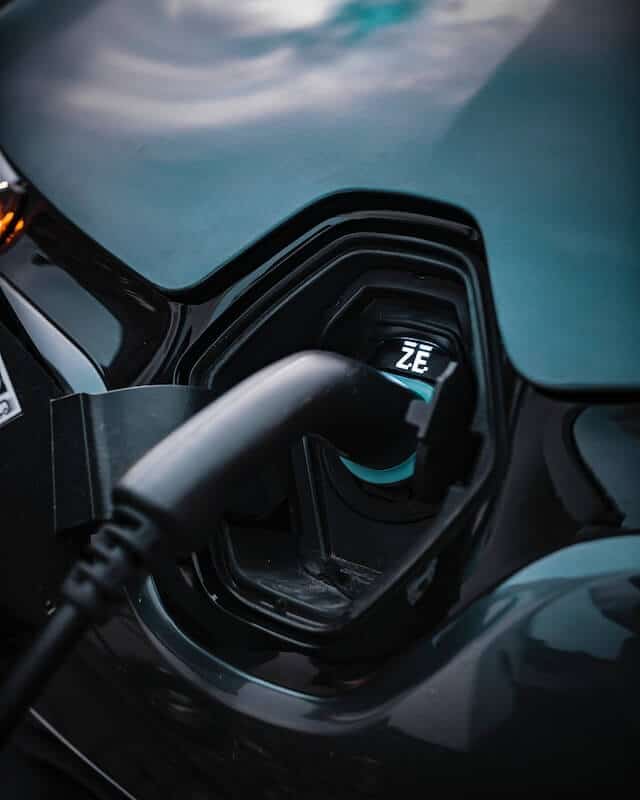
Self-charging hybrid cars offer several advantages over other types of vehicles. One of the main benefits of a self-charging hybrid is its improved fuel efficiency. Because they can use regenerative braking to charge the battery rather than relying on the engine, you will get more power from your car.
As a result, hybrid cars consume less fuel, which results in a more eco-friendly ride. In addition, they require less maintenance, saving owners money over time.
Self-charging hybrid cars emit fewer greenhouse gases compared to traditional cars, which means that they are better for the environment and can help to reduce air pollution [3].
Another advantage is that you don’t need to plug in your car to charge it. Instead, the car will charge itself as you drive, making owning a self-charging hybrid car ideal for those who need the convenience of a gasoline-powered vehicle but with the efficiency of an electric car.
Cons of Self Charging Hybrid Cars
Despite their numerous benefits, self-charging hybrid cars also have some drawbacks. One of the main disadvantages of hybrid vehicles is their higher up-front cost. Hybrid cars are usually more expensive than traditional ones, which can be a barrier for some people who may need help to afford them. That is because they are typically more complex and require more expensive parts.
Self-charging hybrids are less powerful than plug-in hybrids, as the electric motor can only produce a limited amount of power. Additionally, they tend to have smaller batteries than standard hybrids, which can limit their range. And also, they are less efficient than electric cars, as the gasoline engine still produces emissions [4].
Another disadvantage of self-charging hybrids is that they may not be as efficient as other cars in certain situations. For example, in stop-start traffic, hybrid vehicles may not be as efficient as traditional cars, as they rely on regenerative braking for their energy.
This is because the regenerative braking system is designed to work best on open roads, where there are more opportunities to charge the battery. This means they may be unable to generate enough energy to power the car.
What is the difference between a Self-Charging and a Plug-In Hybrid?

A self-charging hybrid is a type of vehicle that combines the efficiency of an electric car with the convenience of a gasoline-powered vehicle. The car will charge itself as you drive, and this eliminates the need to plug in your vehicle to charge it.
Instead, self-charging hybrids generate electricity through regenerative braking and other methods [5].
A plug-in hybrid works on the same principal as the self-charging variety. However, unlike a self-charging hybrid, a plug-in hybrid must be plugged into a charging station to charge its battery [6].
This means plug-in hybrids are more efficient than self-charging hybrids, as they can generate more power. Additionally, plug-in hybrids have a longer range than self-charging hybrids, as they can store more energy in their batteries.
Read Also: How Long Can A Hybrid Sit Undriven
Which is Better, a Self-Charging or a Plug-In Hybrid?
The answer to this concern depends on your personal needs and preferences. For example, a self-charging hybrid is better if you don’t want to worry about plugging in your car to charge it.
However, a plug-in hybrid is the best option if you want the most efficient vehicle possible. Therefore, the most suitable method to decide which car is best for you is to compare the pros and cons of each type.
While self-charging hybrids are more affordable compared to their plug-in hybrid counterparts, they also require less maintenance. This makes them ideal for people who don’t have access to an electric outlet or are looking for a more affordable option.
However, plug-in hybrids are more efficient and have a longer range than self-charging hybrids. This makes them better for people who need to travel long distances or want a more efficient car.
Read Also: Hybrid Car Runs Out of Battery
What are the Best Self Charging Hybrid Cars?
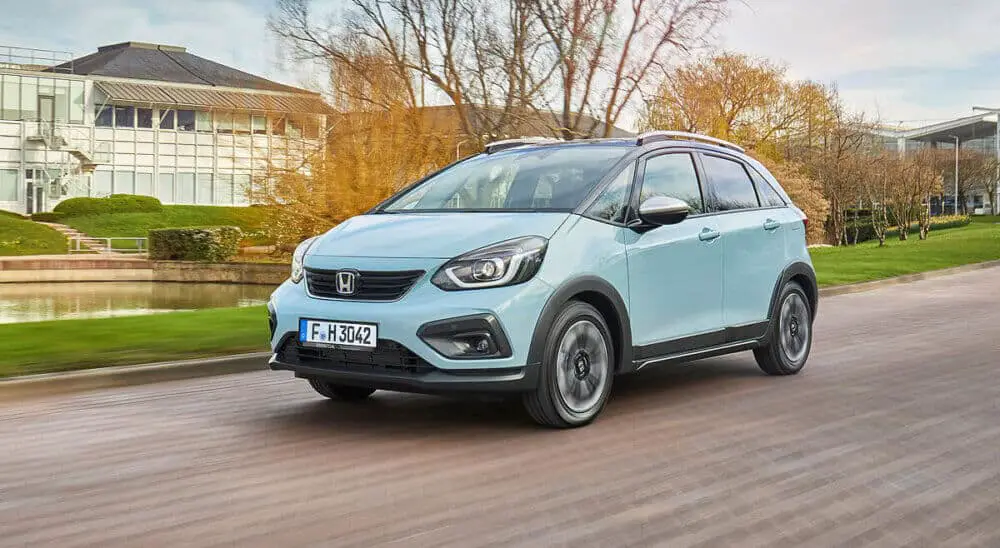
There are several self-charging hybrid car models on the market. Some of the best and most popular ones are the Toyota Prius Prime, the Honda Insight, the Ford Fusion Hybrid, and Hyundai Ioniq. Each of these cars offers great efficiency, excellent fuel economy, convenience, and reliability, making them great options for people looking for an efficient and reliable vehicle.
The Toyota Prius is popular among the self-charging hybrids on the market since it offers excellent fuel economy and low emissions. It has a fuel economy of 54 mpg and an electric-only range of 25 miles. It also has an impressive list of standard features, including a rearview camera, adaptive cruise control, and lane-keeping assist [9]
The Honda Insight is another great choice. The vehicle offers excellent fuel economy and a comfortable ride. The Ford Fusion Hybrid is a great option for those looking for a more powerful self-charging hybrid with a powerful engine and excellent fuel economy.
The Hyundai Ioniq has great fuel economy, a ton of standard safety equipment, an easy-to-use infotainment system, and a reasonable starting price [10]. The Ioniq also stands out for its interior quality, spacious front seats, and large cargo space. Moreover, it has a fuel economy of 58 mpg and an electric-only range of 29 miles.
Read Next: Grizzl e vs Chargepoint
Conclusion
Self-charging hybrid cars offer several advantages, making them an attractive option for many drivers. Self-charging hybrid cars are a great option for people who want an efficient and reliable car. They offer several benefits, such as improved fuel efficiency, cost savings, and environmental friendliness.
They combine the convenience of a gasoline-powered vehicle with the efficiency of an electric car and can charge themselves as they drive. Unfortunately, they also have some drawbacks, such as their higher up-front cost and shorter range.
Similarly, self-driving hybrids are less powerful than traditional gasoline-powered cars. Therefore, when choosing between a self-charging hybrid and a plug-in hybrid, it is important to weigh the merits and demerits of each type and determine which one best meets your needs.
There are several great self-charging hybrid cars on the market, so be sure to research and find the one that is best for you. Ultimately, the best option for an individual depends on their needs and preferences.

